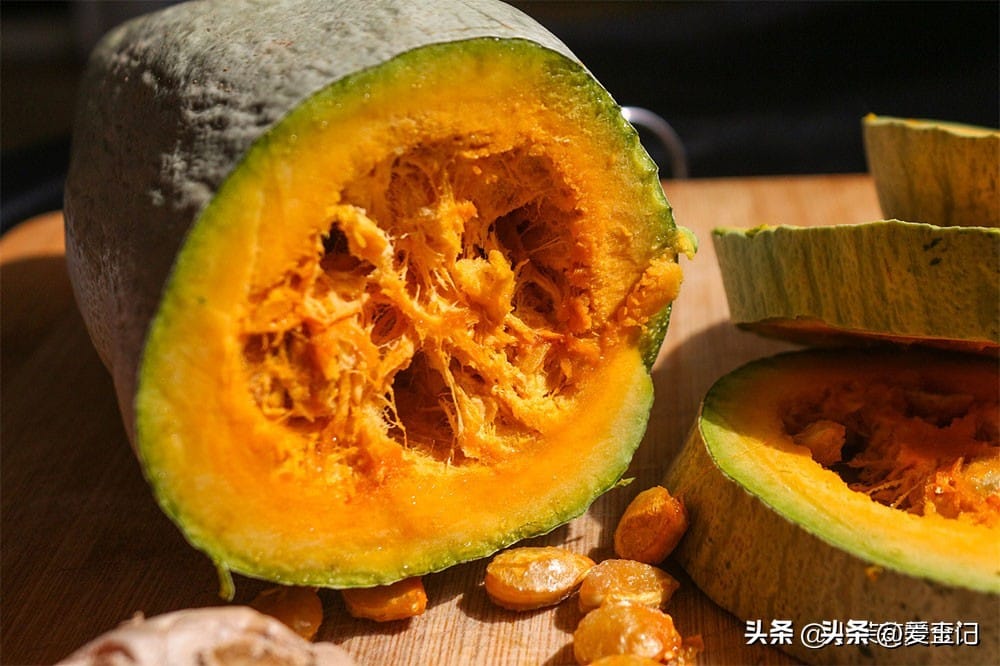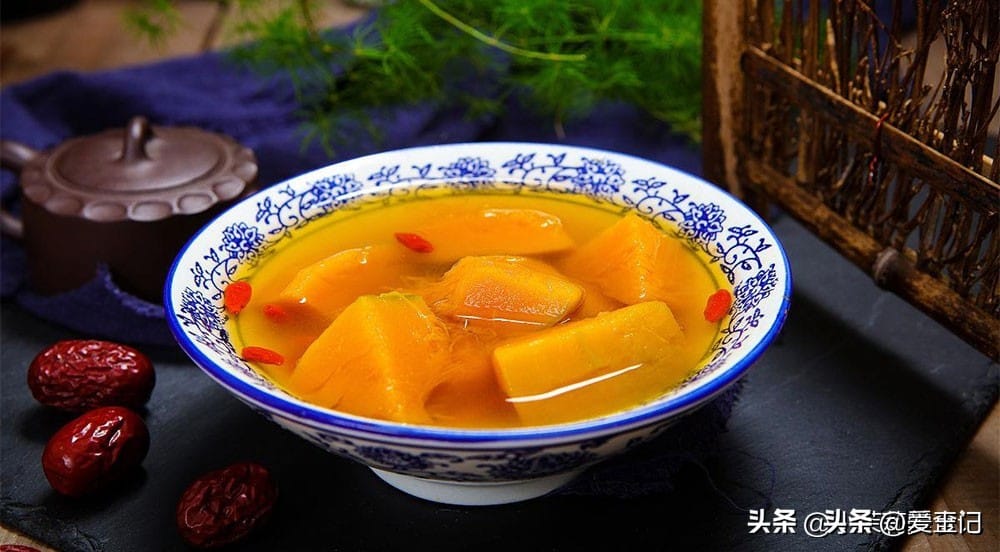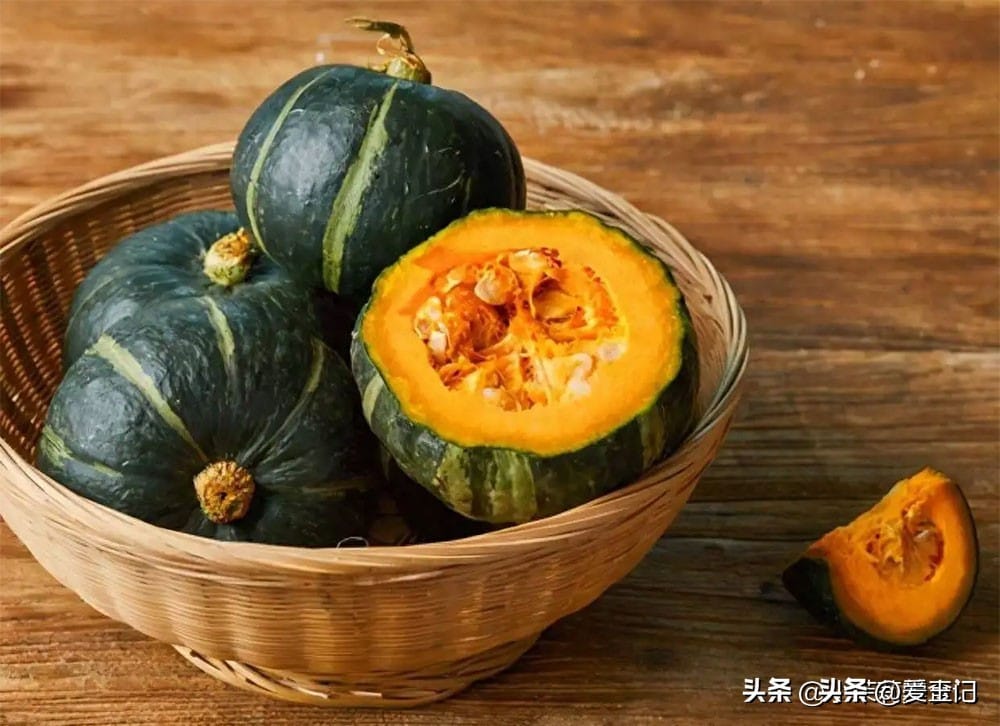Pumpkin Season Warning: Doctors Advise Three Groups to Limit Intake
While pumpkins bring autumn cheer and nutrition, doctors warn three groups to limit their intake. Discover who should be cautious and why.

Welcome Autumn, But Beware: Pumpkin Isn’t for Everyone! 🎃🍂
Autumn is that magical time of year when cooler air, vivid leaves, and of course, pumpkins take center stage. They brighten homes, inspire festive treats, and pack a nutritious punch. But hold on! Before you dive into pumpkin spice everything, here’s a concerned health heads-up: not everyone should indulge freely in these fall favorites. Doctors are advising that certain groups limit their pumpkin intake. Why? Let’s unpack this important seasonal advice.

What Makes Pumpkin So Popular (and Healthy)? 🤔
Pumpkins aren’t just for Jack-o'-lanterns and pies—they’re a nutritional powerhouse. Rich in amino acids, vitamins like B and carotene, along with vital minerals such as magnesium and calcium, pumpkins aid digestion, protect vision, boost immunity, and even moisturize skin. It’s no surprise autumn’s colors are often described as “pumpkin yellow.”
But here’s the twist: despite these benefits, their naturally high sugar and fiber content means pumpkins can be a bit tricky for some folks’ digestive or metabolic systems. That’s where caution becomes key.

🚨 Three Groups That Should Limit Pumpkin Intake
1. Those with Gastrointestinal Discomfort
While pumpkin fiber often helps keep the gut happy, for people already battling indigestion, excess fiber and starch can add fuel to the fire. This can translate to belly pain, diarrhea, or other digestive woes. So, if your stomach is on edge, it might be wise to take a pumpkin break to avoid worsening symptoms.

2. Blood Sugar Watchers
Pumpkins contain a surprising number of natural sugars and starches, which could spike blood glucose levels. If you’re managing diabetes or blood sugar concerns, pumpkin might not be your best friend—at least not in large portions. Always monitor how your body reacts, and consult your healthcare provider about fitting pumpkin into your diet safely.

3. People Prone to Allergies
Allergic reactions to pumpkin, though uncommon, can be pesky and serious. Proteins and starches in pumpkin may trigger skin irritation, itching, respiratory trouble, or even peeling. Even touching or inhaling pumpkin juice might cause discomfort. If you’re allergy-prone, tread carefully and consider allergy testing before indulging.

Tip: Always Cook Thoroughly! 🔥
Beyond caution in who eats pumpkin, how you eat it matters. Raw or undercooked pumpkin may cause more digestive issues. Make sure your pumpkin dishes are fully cooked to unlock nutrients safely and improve digestibility.

Sweet Treat Alert: Easy & Healthy Pumpkin Cake Recipe 🎂
Want to enjoy pumpkin safely? Try this simple pumpkin cake that’s both delicious and gentle on the stomach when cooked right.
- Peel and slice your pumpkin, removing seeds and fibers. Lay the slices evenly on a deep plate.

- In a bowl, beat two eggs, 50 ml milk, 50 g starch, and 20 g sugar until smooth.

- Pour the mixture over pumpkin slices, mixing gently so pumpkin is coated.

- Preheat your oven to 175°C. Bake for 30 minutes until the cake sets and pumpkin glows caramel yellow.

This treat combines pumpkin’s flavor and nutrition without overwhelming sensitive systems when eaten responsibly.
Final Thoughts: Embrace Fall, But Listen to Your Body 🍁
Pumpkins symbolize harvest, health, and happiness during autumn — and rightfully so! Yet, with any superfood, moderation and mindfulness ensure you enjoy the benefits without unintended downsides. If you belong to one of the three sensitive groups, discussing pumpkin intake with your doctor can keep your fall both festive and healthy.
So, carve your pumpkin, savor seasonal recipes, but most importantly, nourish yourself wisely this beautiful season. 🍂🎃




